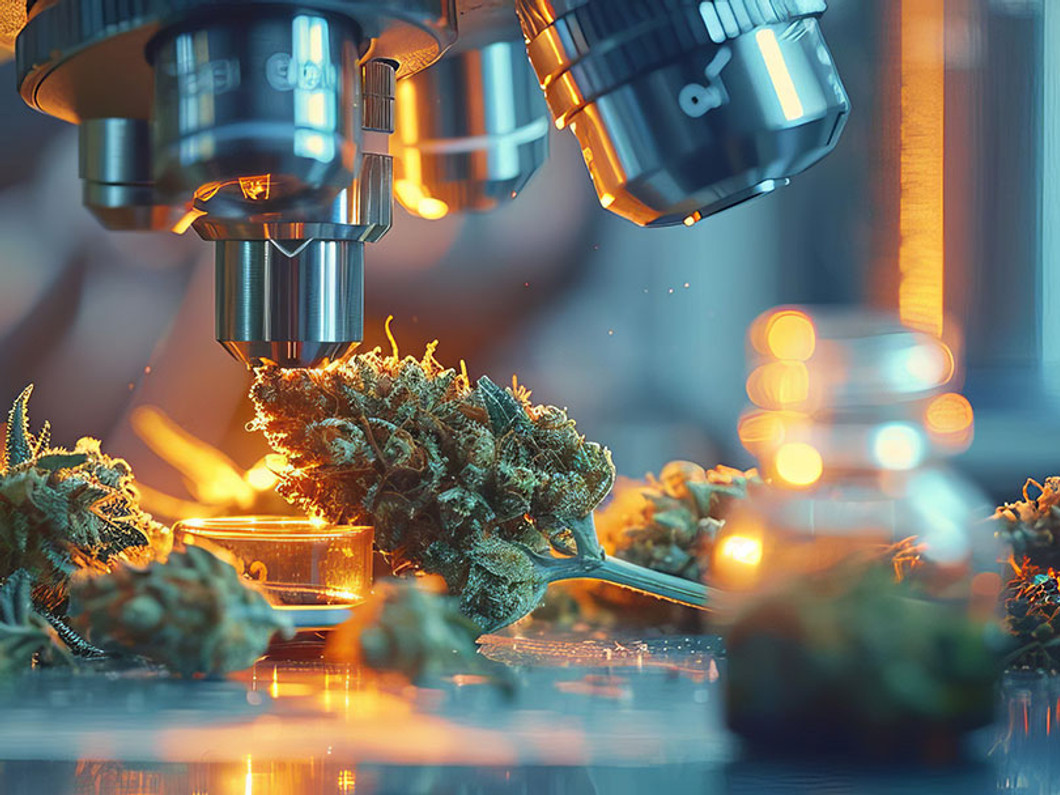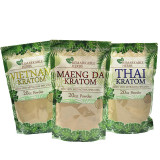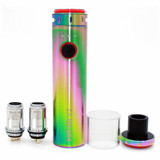Understanding Delta-8: The Rising Star of Cannabinoids
In recent years, the cannabis landscape has witnessed a surge of interest in various cannabinoids beyond the well-known delta-9-tetrahydrocannabinol (THC) and cannabidiol (CBD). One of the most intriguing among these is delta-8-tetrahydrocannabinol, commonly referred to as Delta-8. In this blog post, we’ll explore what Delta-8 is, its legal status, how it compares to other cannabinoids, and what users can expect from the experience.
What is Delta-8?
Delta-8 is a cannabinoid derived from the hemp plant, closely related to delta-9 THC, the primary psychoactive component found in marijuana. Although Delta-8 is present in smaller quantities than its more famous counterpart, its unique chemical structure allows it to produce effects that are similar but generally milder. As one of the many cannabinoids found in hemp, Delta-8 contributes to the complex range of compounds that interact with our body’s endocannabinoid system.
Legal Status of Delta-8 THC
One of the most appealing aspects of Delta-8 is its legal status. Following the 2018 Farm Bill, which legalized hemp-derived products at the federal level, Delta-8 has gained traction in various markets. Because Delta-8 is derived from hemp, it shares the same legal protections as CBD, making it available in many states. However, some jurisdictions have enacted their own regulations. States that restrict hemp-based products, including Delta-8, include Alaska, Arizona, Arkansas, Colorado, Delaware, Idaho, Iowa, Mississippi, Montana, Rhode Island, Utah, and Vermont as of this writing. Always check local laws to ensure that Delta-8 is legal where you reside.
Delta-8 vs. Delta-9 vs. CBD
While Delta-8, Delta-9, and CBD are all cannabinoids, they interact with the body in distinctly different ways:
- Delta-9 THC is known for its strong psychoactive effects and is the primary compound responsible for the “high” associated with marijuana use.
- CBD is non-psychoactive and does not produce a high. It’s commonly sought after for its potential calming effects without altering the state of mind.
- Delta-8 THC is often seen as a middle ground. Many users report that it provides a milder high compared to Delta-9, often described as more relaxing and euphoric, with a reduced likelihood of anxiety.
Does Delta-8 Get You High?
Yes, Delta-8 does produce psychoactive effects, typically described as milder than those of Delta-9 THC. Users often report feelings of relaxation and euphoria. Many find that Delta-8 enhances their mood without being overwhelming, making it a popular choice for recreational use. Additionally, some users have noted that Delta-8 may lead to less anxiety compared to Delta-9, making it an option for those who are cautious about their experiences with traditional cannabis.
Conclusion
As interest in cannabinoids continues to expand, Delta-8 stands out as an intriguing option for those exploring the diverse world of hemp-derived products. Its unique properties and legal status make it appealing to many users. However, individual experiences can vary widely, so it’s essential to approach Delta-8 thoughtfully. Always consult local regulations and consider starting with lower doses to find what suits you best.
Whether you’re a seasoned cannabis user or just beginning your exploration, Delta-8 offers a compelling avenue to discover.
Recent Posts
-
The 4 Best Kratom Brands and Products Ranked
Key Takeaways O.P.M.S. is one of the top brands for potent kratom, thanks to their unique extractio …Jan 16th 2026 -
Kratom Strains Explained: Red, Green, and White Veins | 1 Stop Vapor
Key Takeaways There are three main kratom strains: red, green, and white. These colors refer to the …Sep 2nd 2025 -
Types of Vape Pens & Devices | Learn More at 1 Stop Vapor
Key Takeaways There are various types of vaping devices on the market, including disposable vapes, …Jul 8th 2025




